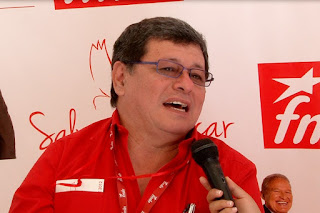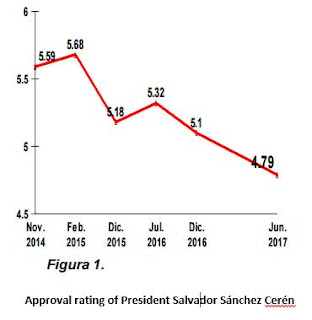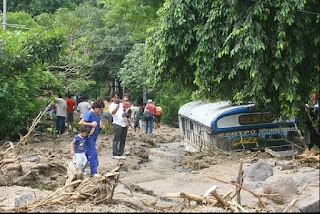Why optimism is difficult
In the more than 14 years I have been writing this blog, the government approaches to gang-instigated crime and violence have always been characterized by hard-line repressive tactics which fall under the heading of "mano dura" or "hard fist." There was only one period of difference, the so-called gang truce between 2012-2014 when a set of government actions and gang tactical decisions dramatically cut the murder rate in the country, but did not diminish the influence and control of the gangs. Óscar Martínez, the gifted crime reporter for El Faro, has written about the government's approach to crime and violence since the end of the civil war in a piece in NACLA Report on the Americas titled How Not to Assemble a Country . Martinez describes what happened as the gang truce crumbled in 2014: However, 2014 was also an election year. And here we can identify another component of this manual on how not to assemble a country: the people of El Salvador, come ...





